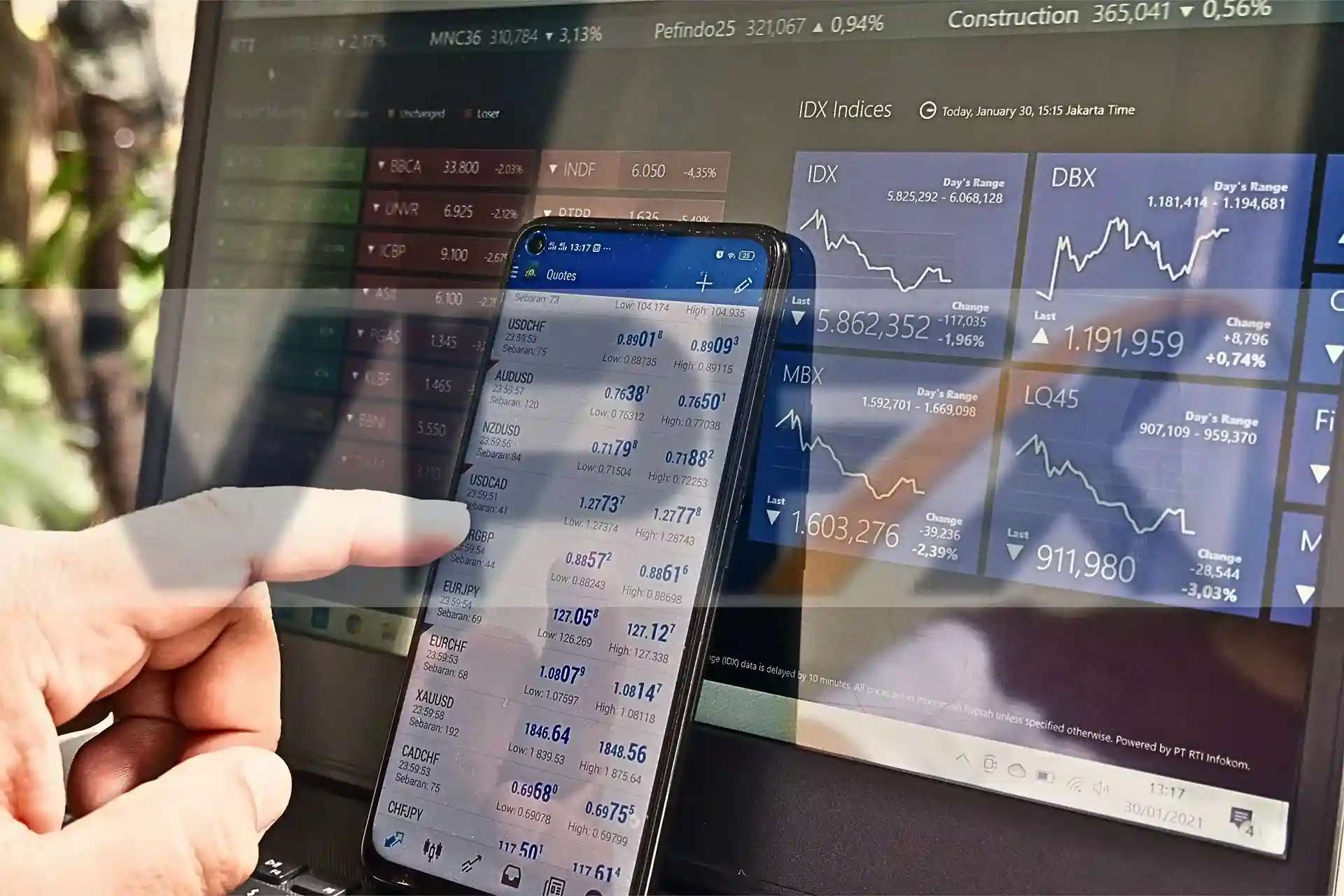Forex trading brokers are an essential part of the forex market. They provide traders with access to the market, offer trading platforms and tools, and facilitate the execution of trades. Here, we will explore the role of the best trading platform and discuss the different factors traders should consider when selecting a broker.
What They Are and What They Do
Forex trading brokers are firms that offer access to the forex market to individual traders. They act as intermediaries between traders and the market, providing the trading platforms and tools needed to execute trades. The broker earns revenue from the best online brokerage or fees charged on each trade.
The Advantages of Using
Using a trading broker for forex trading offers several advantages for traders. Brokers provide access to a wider range of trading instruments, offer advanced trading platforms, and provide valuable market analysis and research to help traders make informed decisions. Brokers also facilitate the execution of trades, ensuring that trades are executed quickly and efficiently.
How Trading Brokers Facilitate Forex Trading: Platform Features and Tools?
Trading brokers offer a range of platforms and tools designed to help traders execute trades and manage their positions. These platforms may include advanced charting tools, news feeds, and risk management features. The trading platform is often provided as a downloadable software application or a web-based platform that can be accessed through a web browser.

Understanding the Different Types
There are several different types of forex trading brokers, each with its strengths and weaknesses. Some brokers offer commission-based pricing, while others charge a spread on each trade. Some brokers offer a range of trading instruments, while others specialize in specific markets or instruments. Traders should evaluate their trading needs and preferences when selecting a broker.
The Role in Providing Market Analysis and Research
Many trading brokers offer market analysis and research to help traders make informed trading decisions. This may include technical analysis tools, fundamental analysis reports, and market commentary from experienced traders and analysts. This information can be invaluable for traders looking to stay up-to-date with market trends and news.
How They Handle Orders and Execution in Forex Trading?
Trading brokers are responsible for executing trades on behalf of traders. This involves receiving orders from traders, transmitting these orders to the market, and ensuring that trades are executed quickly and efficiently. Brokers may use different types of order execution methods, including market orders; limit orders, and stop orders.
The Importance of Choosing a Regulated and Licensed
One of the most important factors to consider when selecting a trading broker is regulation and licensing. Regulated brokers are subject to strict oversight and must adhere to specific standards and practices designed to protect traders.
Providing Customer Support and Education
Trading brokers play an important role in providing customer support and education to traders. This may include online educational resources, such as video tutorials and webinars, as well as one-on-one support from experienced traders and customer service representatives. Traders should look for brokers that offer comprehensive support and education resources.
The Impact of Fees and Commissions on Forex Trading
Finally, traders should be aware of the fees and commissions charged by trading brokers. These fees can have a significant impact on the profitability of trades, especially for high-volume traders. Traders should evaluate the fees charged by brokers and compare them to the services and features offered by different brokers.
Forex trading brokers play a critical role in the forex market, providing traders with access to the market, trading platforms and tools, and valuable market analysis and research. Traders should carefully evaluate the different factors that impact the selection of a trading broker to ensure that they choose the right broker that meets their trading needs and preferences.
When it comes to selecting a trading broker, traders should evaluate the broker’s reputation and track record. This includes reviewing the broker’s regulatory history, the number of years the broker has been in business, and its overall reputation within the trading community. Traders can also read reviews and testimonials from other traders to get a sense of the broker’s customer service and support.
Another important consideration when selecting a trading broker is the range of trading instruments offered. Different brokers may specialize in specific markets or trading instruments, such as forex, stocks, or commodities. Traders should evaluate their trading goals and preferences to determine which markets and instruments they want to trade and choose a broker that offers those instruments.
In addition to the range of trading instruments, traders should evaluate the trading platforms and tools offered by different brokers. This includes the availability of advanced charting tools, news feeds, and risk management features. Traders should also consider the usability and functionality of the trading platform to ensure that it meets their needs and preferences.
One of the most important factors to consider when selecting a trading broker is the fees and commissions charged by the broker. These fees can vary significantly among brokers and can impact the profitability of trades. Traders should evaluate the fees charged by brokers and compare them to the services and features offered by different brokers.
Traders should also evaluate the customer support and educational resources offered by different trading brokers. This includes online educational resources, such as video tutorials and webinars, as well as one-on-one support from experienced traders and customer service representatives. Traders should look for brokers that offer comprehensive support and education resources.
Finally, traders should consider the level of regulation and licensing of different trading brokers. Regulated brokers are subject to strict oversight and must adhere to specific standards and practices designed to protect traders.
Conclusion
Selecting the right online stock broker is critical to the success of forex trading. Traders should carefully evaluate the different factors that impact the selection of a trading broker, including the broker’s reputation and track record, the range of trading instruments offered, the trading platforms and tools provided, the fees and commissions charged, customer support and educational resources, and the level of regulation and licensing. By carefully evaluating these factors, traders can choose the trading broker that meets their needs and preferences and can help them achieve their trading goals.





